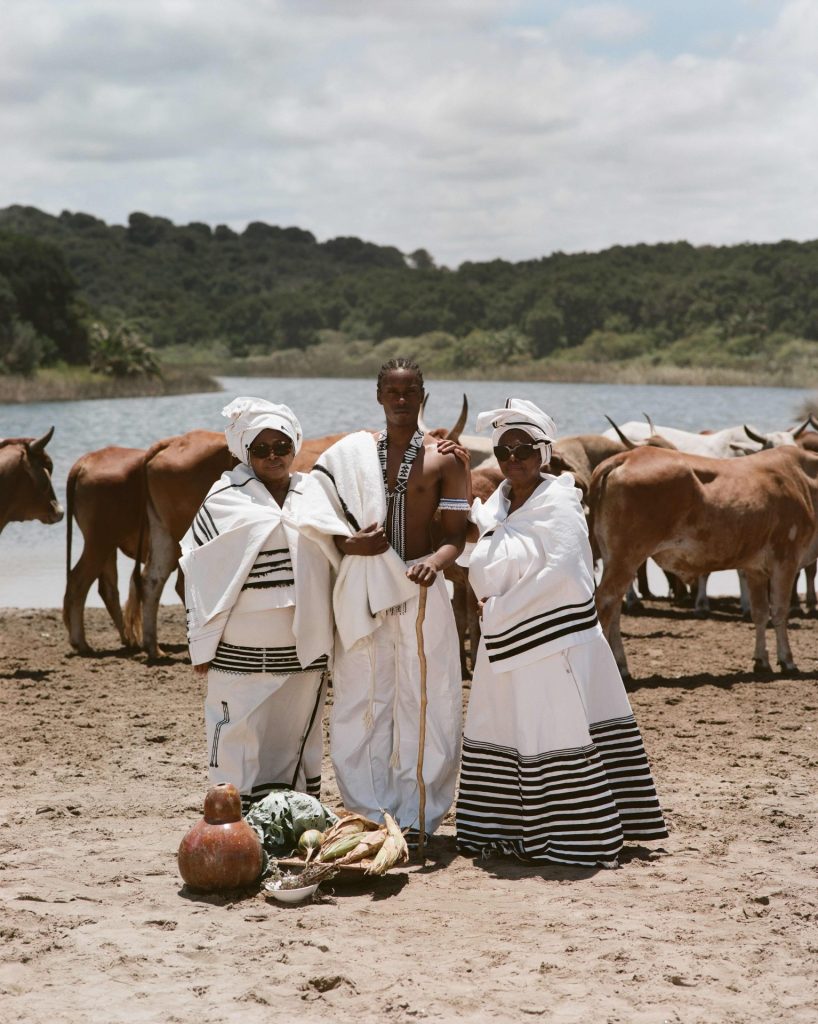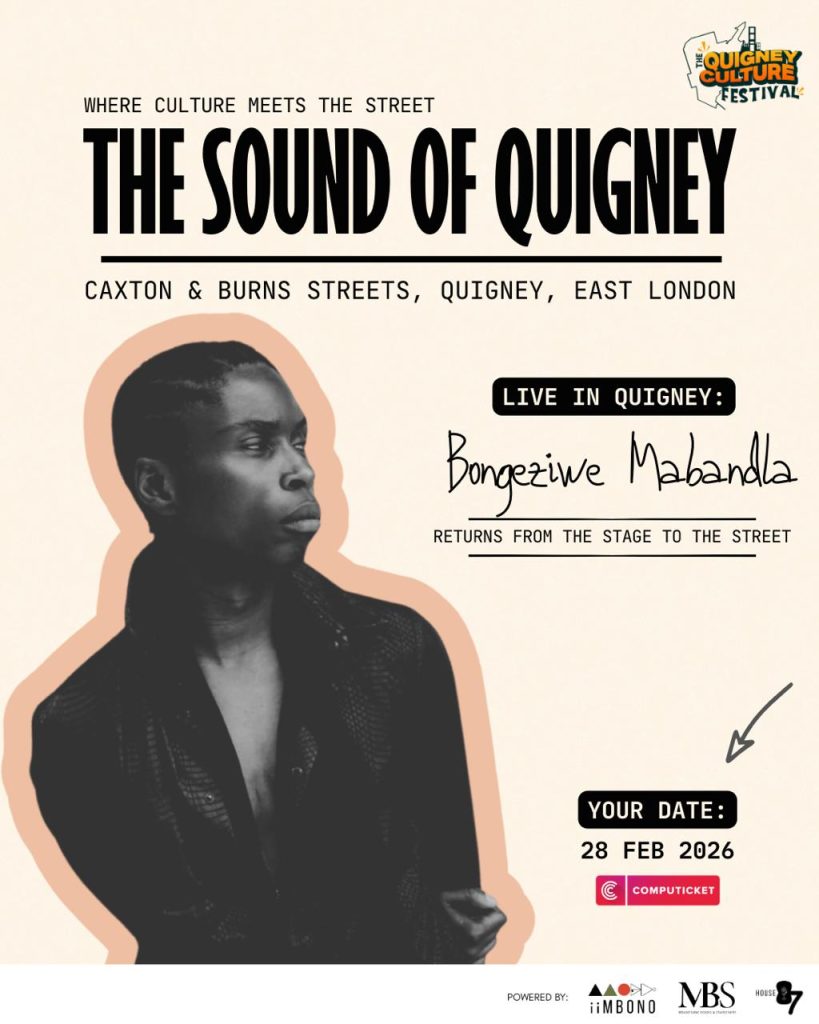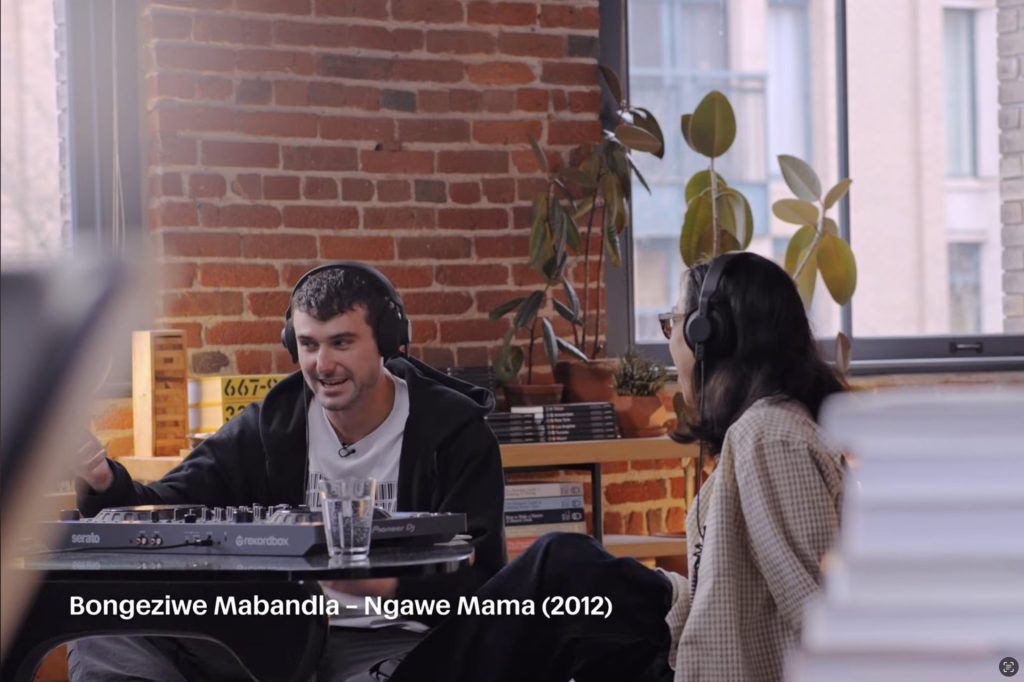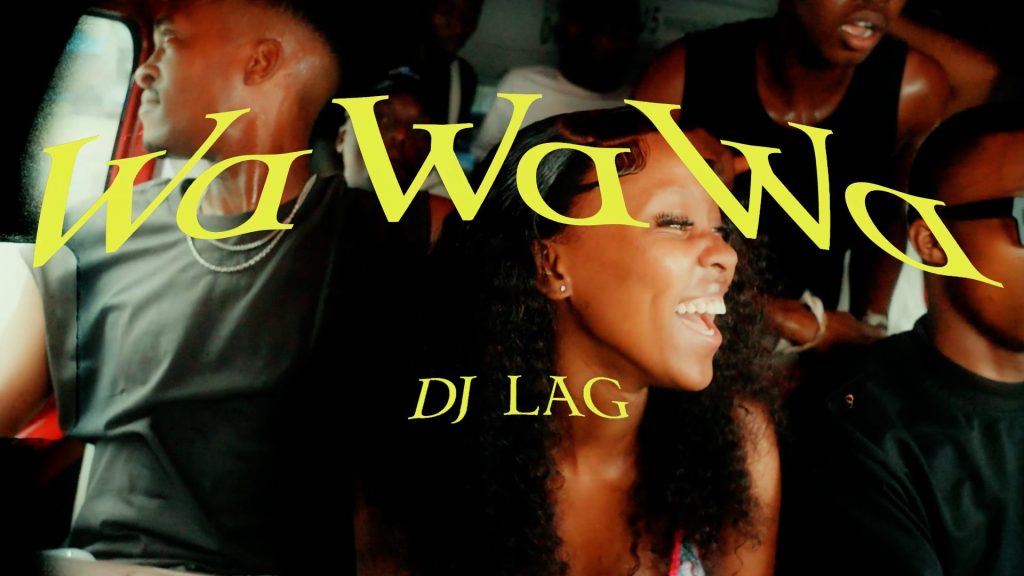Already a multi award-winning and established artist, with a growing global reputation, Bokani Dyer’s newest record provides an intimate view into South Africa’s multifaceted people – and an opportunity for global connection through music.
Titled Radio Sechaba, released by highly respected record label Brownswood Recordings (UK) an independent record label founded by the DJ, record collector and broadcaster Gilles Peterson, the album continues Dyer’s creative journey of making rich and immersive music which places him amongst the new wave of South African jazz artists, including the likes of Siya Makuzeni and Nduduzo Makhathini. Throughout the 15-tracks, Dyer’s multi-faceted influences permeate the set of original songs, resulting in a rewarding listening experience.
This array of influences takes the jazz music that Dyer has built his career on and extends it into new areas – already gestured to by his work with Sakhile Moleshe, as part of the groove-based Soul Housing Project, and his abiding interest in the sonic possibilities of electronic music. “When I was recording the album, I didn’t block my inspirations,” Dyer explains. “So the music on it draws on African music, American music and, really, whatever sounds great to me.”
Alongside this, Dyer has thought deeply about what he wants the music of Radio Sechaba to say. “The name of the project is Radio Sechaba and Sechaba means nation,” says the pianist, songwriter and producer. “It is something I have been thinking a great deal about – how I can use my music to reflect the current moment in South Africa and where we’re at, as a people.”
In particular, Dyer honed in on the related topics of nation building and unity. “This is pretty much the central theme of the project. Radio Sechaba is about what this nation – South Africa – is and thinking about a soundtrack that could go along with that theme.” This is no ordinary topic for the artist: Dyer was born in 1986 in Gaborone, Botswana, where many artists from South Africa, including his father, musician Steve Dyer, were living in exile. It was, he says, “an exciting musical time when I was born into a community in exile from apartheid”.
So it’s no coincidence that Dyer – who moved back to South Africa as a child in 1993 – gives his nation-building album a name that echoes that of Radio Freedom, the voice in exile of the African National Congress. For around three decades, from 1963 when it was created, Radio Freedom provided inspiration to those in the movement against apartheid and was an important ongoing link between exiles and those resisting within the country.
Consistently thoughtful about the role music can play in connecting, Dyer’s nation-building narrative finds expression in tracks like the reverential “Ho Tla Loka”, “Mogaetsho” (in which he addresses the big theme of betrayal) and the moving and powerful “State of the Nation”.
Radio Sechaba might be built around the bigger project of nation building but it also contains a number of songs that focus on the value of individual introspectiveness. There’s a call for presence on “Move On” (“Just breathe and let it go/stuck in past and future all we’ve got is present/Just breathe and let it go”) and a West-African influence instrumentally – call for self-liberation on “Resonance of Truth” (“Where do we go to find some serenity/Stop looking out too far/Try listening within”).
Radio Sechaba also features “Ke Nako” – which is the opening track on the critically acclaimed Johannesburg scene jazz compilation, Indaba Is which was released in early 2021 on Gilles Peterson’s Brownswood label. Meaning ‘Now’s the Time’, the track was included in a 2022 live concert at the Claude Lévi-Strauss theater as part of the Sons d’hiver festival in France. That show placed Dyer’s piano playing centrestage and it’s a gift that has been described by acclaimed South African trumpeter Feya Faku as nothing short of “beautiful”. “His sense of rhythm, his articulation on acoustic piano addresses the piano,” says Faku who has included Dyer in his Feya Faku Quintet shows.
Radio Sechaba is interspersed with short musical interludes – like “Amogelang” and “Spirit People” – that serve as sonic signposts to our collective past, present and future. The album sounds a hopeful note with “You are Home”, a gorgeous, layered piece that recalls West African blues in its eloquent call to all of us: “Know your truth/Let it guide you/From the unknown/It will lead you home”.










